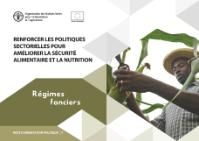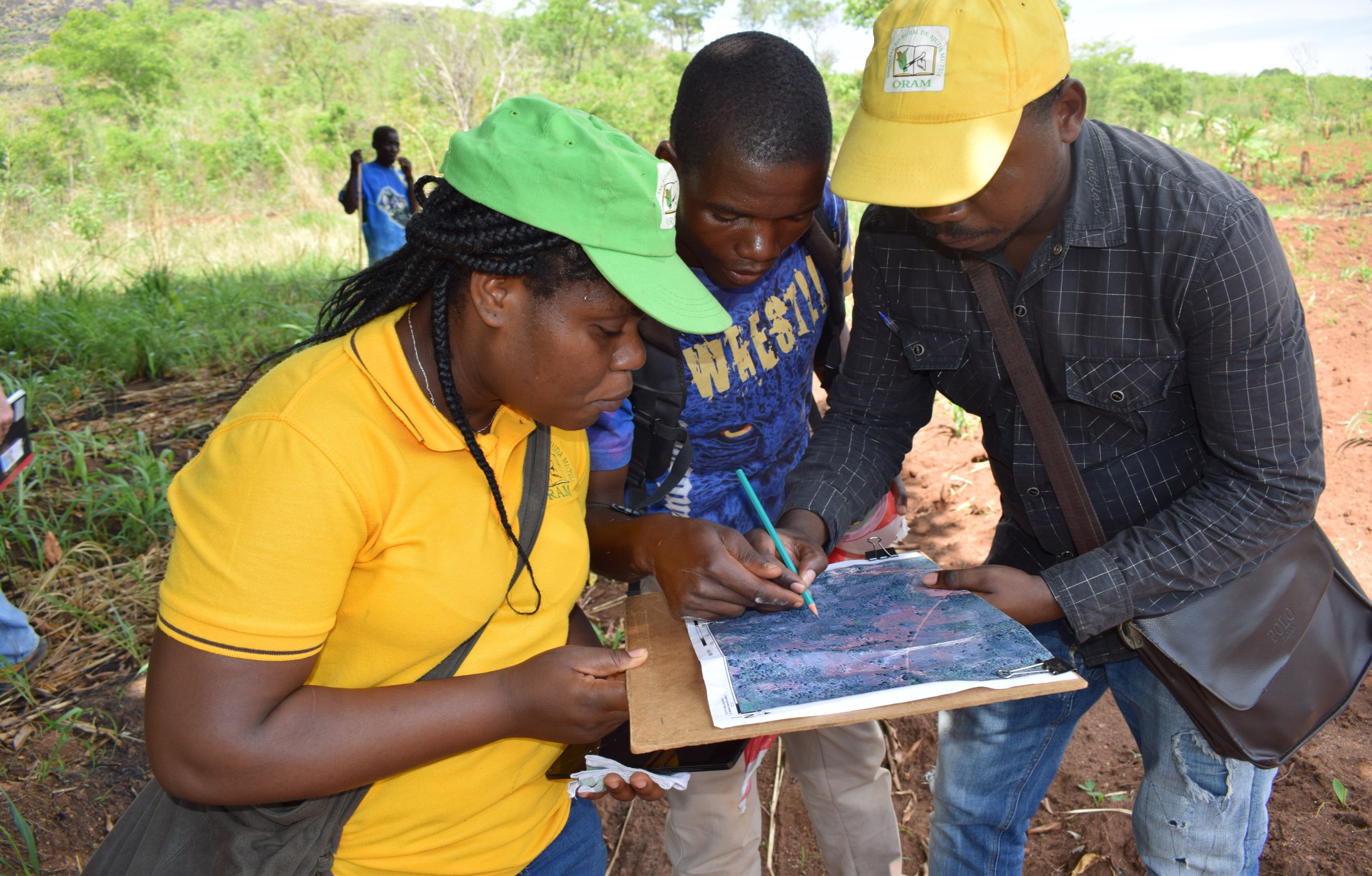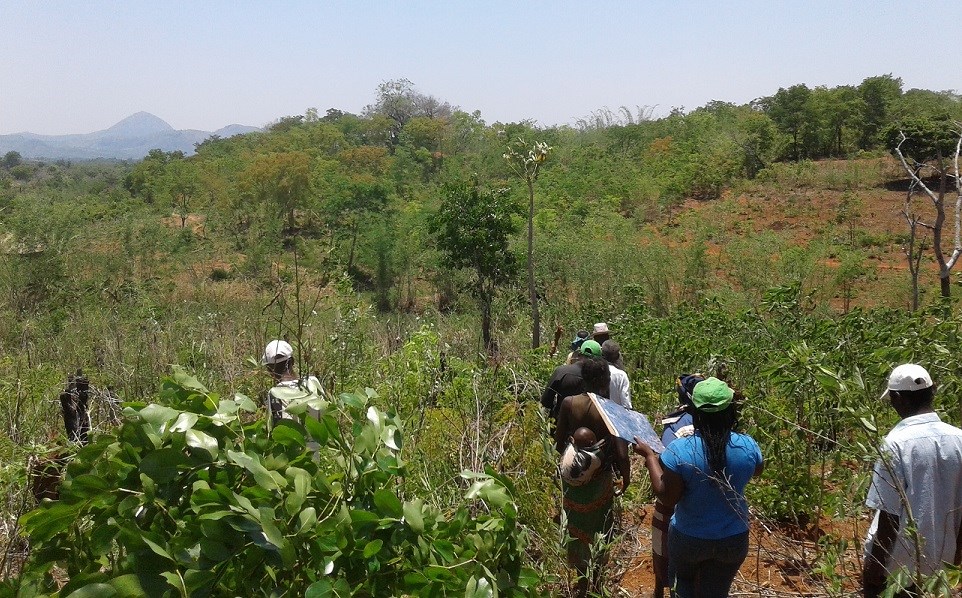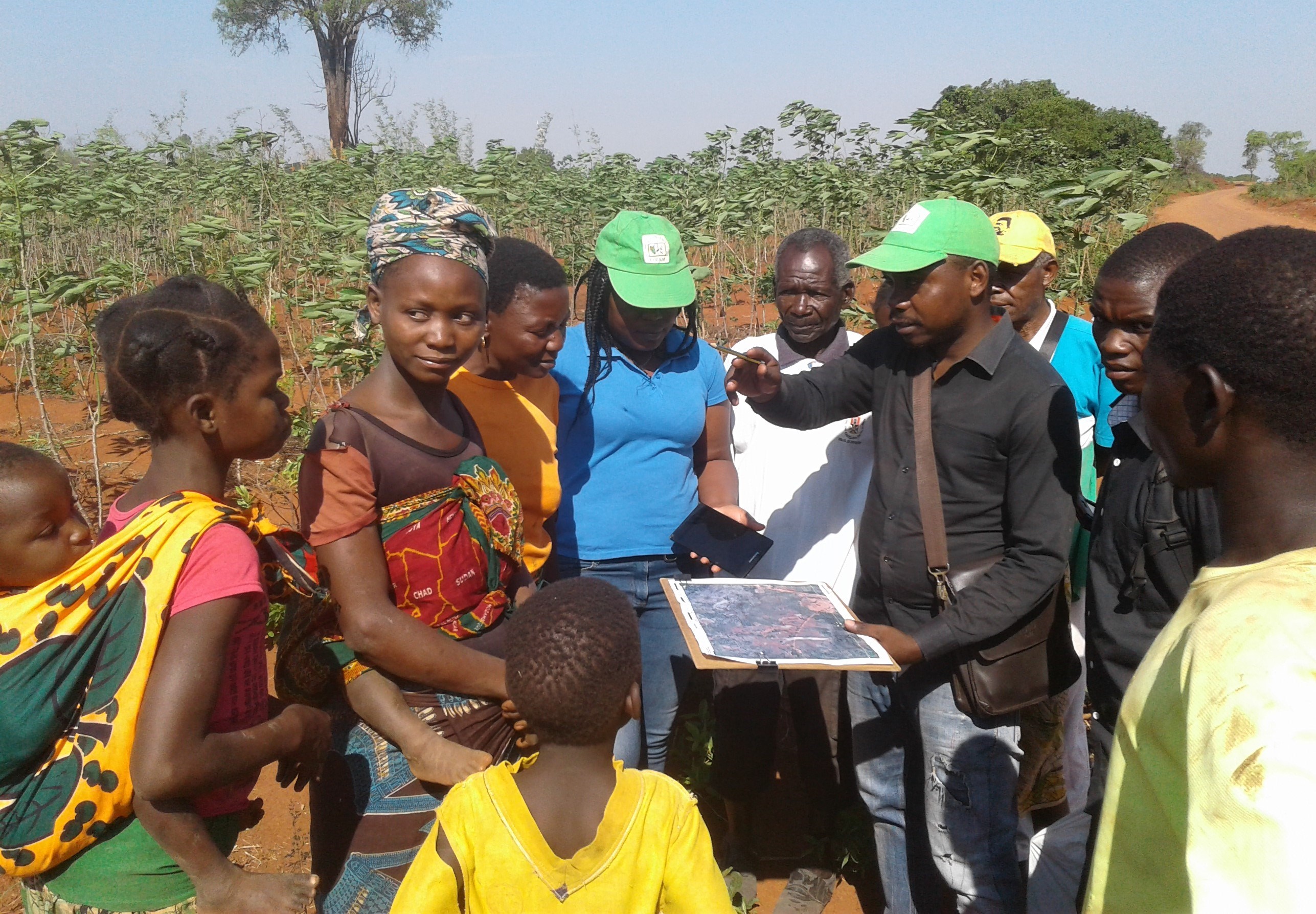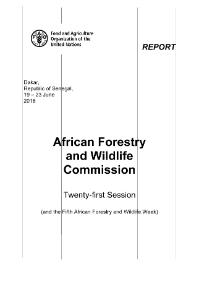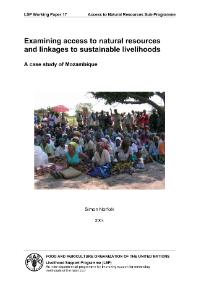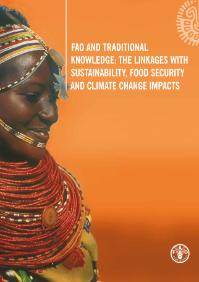La terre, les pêches, les forêts et d'autres ressources naturelles est crucial pour les moyens de subsistance et les pratiques sociales, culturelles et religieuses. La plupart des habitants des zones rurales des pays en développement ne disposent pourtant d'aucune forme de…
This guide explains the key steps in the process of land delimitation, in order to help field staff to correctly use the approach.
By observing teams in the field, combined with analysis of their sketch maps and GPS coordinates, we have identified several frequent mistakes. This guide illustrates frequent problems and mistakes using real examples, and suggests good practices for avoiding or correcting them, and for…
A Cadeia de Valor da Terra Comunitária (CaVaTeCo) é uma abordagem que pode melhorar a segurança da posse e gestão de terras comunitárias e recursos naturais no contexto de grandes investimentos em terras. A CaVaTeCo fornece a base conceptual para o trabalho nos Distritos de Namarroi e Ile na…
Uma equipe de campo que delimita as parcelas familiares da abordagem da Cadeia de Valor de Terra Comunitária (CaVaTeCo) inclui 2 ou 3 pessoas, trabalhando com membros da comunidade. A equipe deve ser capaz de implementar tarefas chaves, como:
• Gestão: Mantenha a comunicação entre a equipe…
A Cadeia de Valor de Terras Comunitárias (CaVaTeCo) é uma abordagem que oferece uma fundação para uma melhor gestão de terras e recursos naturais comunitários num contexto de grandes investimentos baseados em uso da terra em Moçambique. A CaVaTeCo forma a base conceitual do Projecto LEGEND,…
Esta guía técnica presenta un análisis de las dimensiones jurídicas de las Directrices voluntarias sobre la gobernanza responsable de la tenencia de la tierra, la pesca y los bosques en el contexto de la seguridad alimentaria nacional y su relación con el derecho internacional vinculante.…
The Netherlands Land Academy (LANDac), the Food & Business Knowledge Platform, CIFOR and Shared Value Foundation (SVF) jointly set out in 2017 to design and implement 3 multi-stakeholder Learning Platforms around investment hubs in Mozambique (the Beira Corridor), Tanzania (Kilombero…
Since the adoption of a new Constitution in 1990 and the signing of the peace accord in 1992, Mozambique has witnessed a period of rapid regulatory change in respect to the rules that govern the ownership and rights of use of a range of natural resources. There are newlaws and regulations in…
Dans le passé récent, et plus particulièrement au cours des quinze dernières années, presque tous les pays africains ont entrepris des réformes législatives en vue de se doter d'un cadre juridique − loi ou code forestier, nouveau ou rénové − relatif à la gestion des ressources forestières.…
In developed and developing countries all over the world, farmers and indigenous and local communities have traditional knowledge, expertise, skills and practices related to food security and to food and agricultural production and diversity. Since its creation in 1945, FAO has recognized the…

